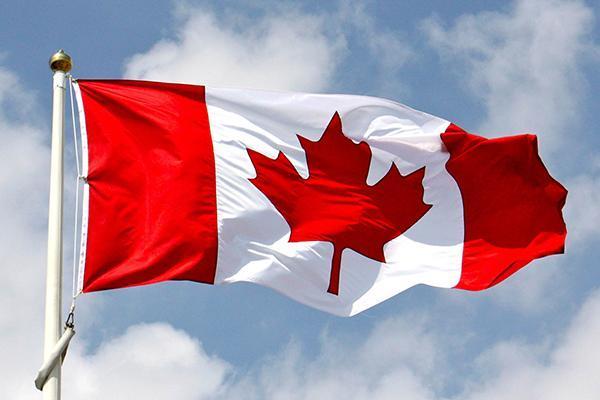Canada's government has taken aim at the tax advantages enjoyed by ride-sharing platforms over traditional taxis in its latest national budget which was unveiled by Prime Minister Justin Trudeau. Trudeau's liberal government indicated in its budget statement that it plans to amend Canada's Excise Tax Act to redefine ride-sharing firms as taxi companies. This redefinition would force them to collect the goods and services tax (GST) on every ride provided, just as taxi operators are required to do.
Under present Canadian law, drivers for ride-sharing operators such as Uber make use of a so-called small-supplier provision that exempts the first $30,000 of sales from the tax. However, the proposed new amendment would terminate this exemption. Finance Minister, Bill Morneau insisted that it was critically important to have a taxation system that was fair and less complex.
Canada's Finance Minister said, "It's important to have a tax system that's fair and less complex. With respect to Uber, what we've done is say there's a level playing field. If you're in an Uber or if you're in a taxi, you pay GST (goods and services tax). That's consistent with what Canadians expect, and we think it's the right approach."
Uber continues to firefight with governments on a global basis. The US based global ride-hailing giant has endured a difficult number of months. It recently lost a high profile court case with transport authorities in London - whilst Uber also had a legal battle in the European High Court. Uber spokesman Matt Kallman remained coy when asked about Canada's decision. He said they would review the budget and its implications and would have more to say in the coming days.
Economists have predicted that budget amendments could raise $3m in new revenue in 2017 - and over the next few years raise as much as $5m. However, the downside of this is that it will more than likely result in higher fares for Uber customers in Canada and would be a fresh headache for the company valued at $70 billion.

